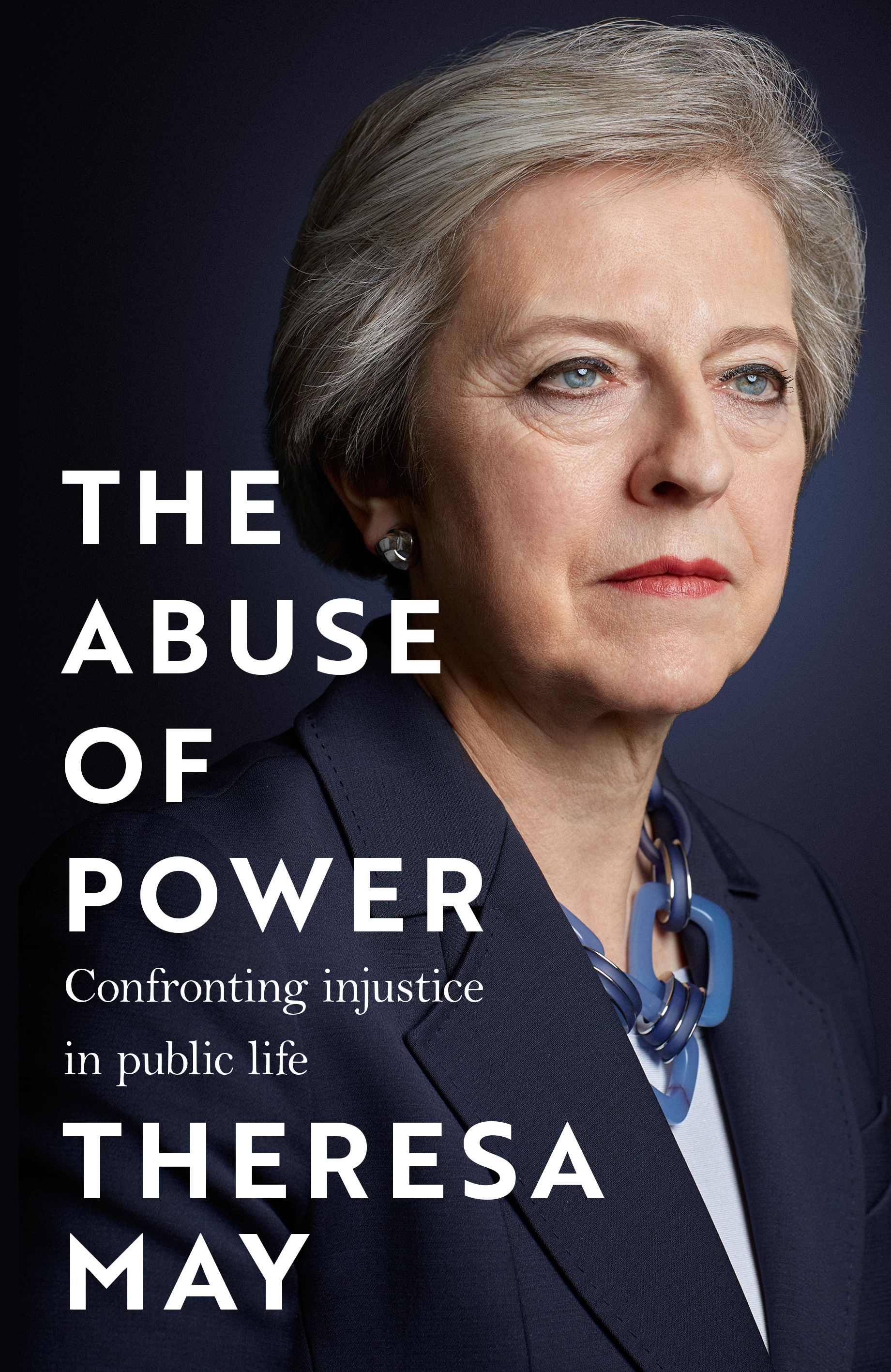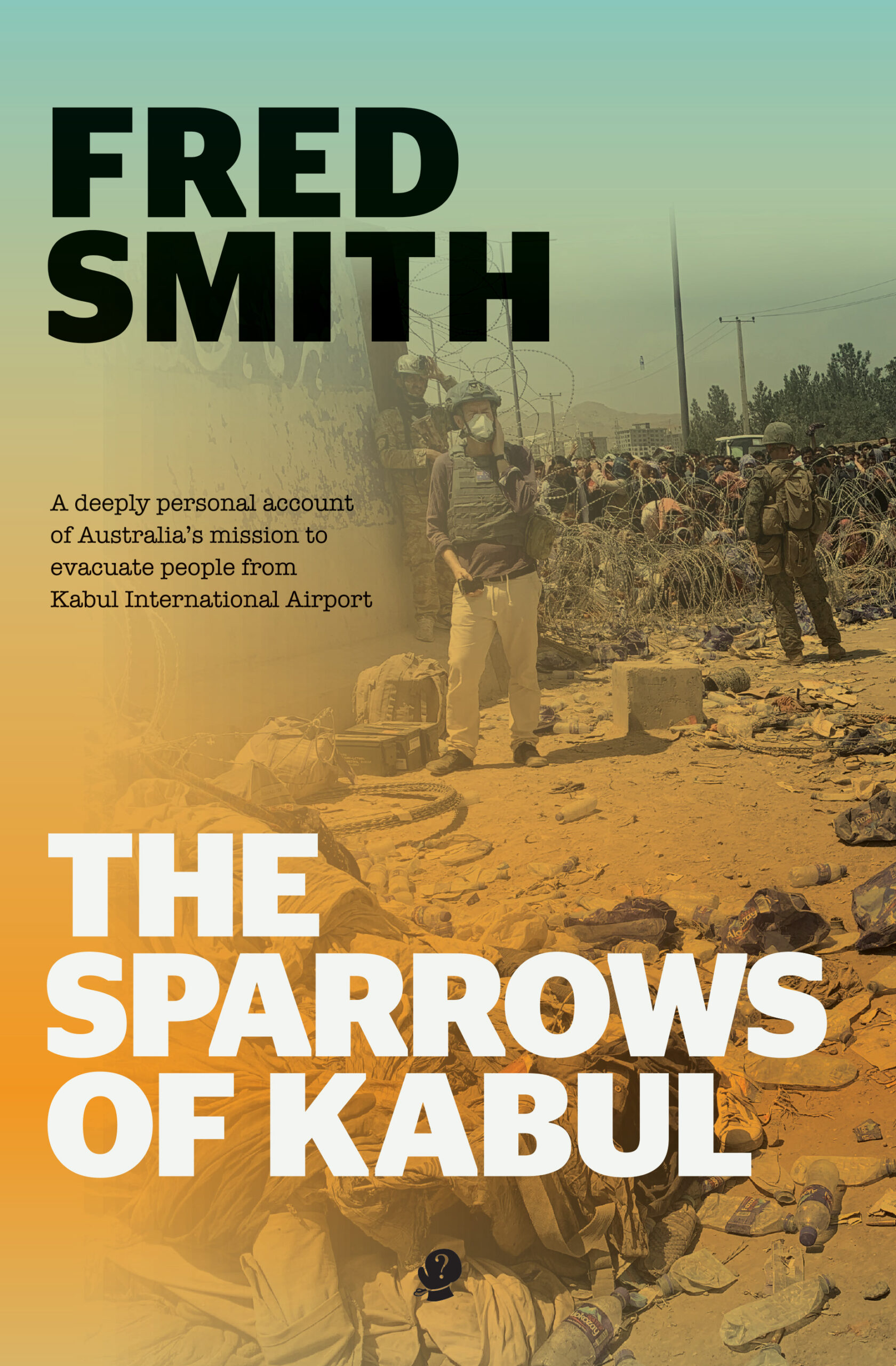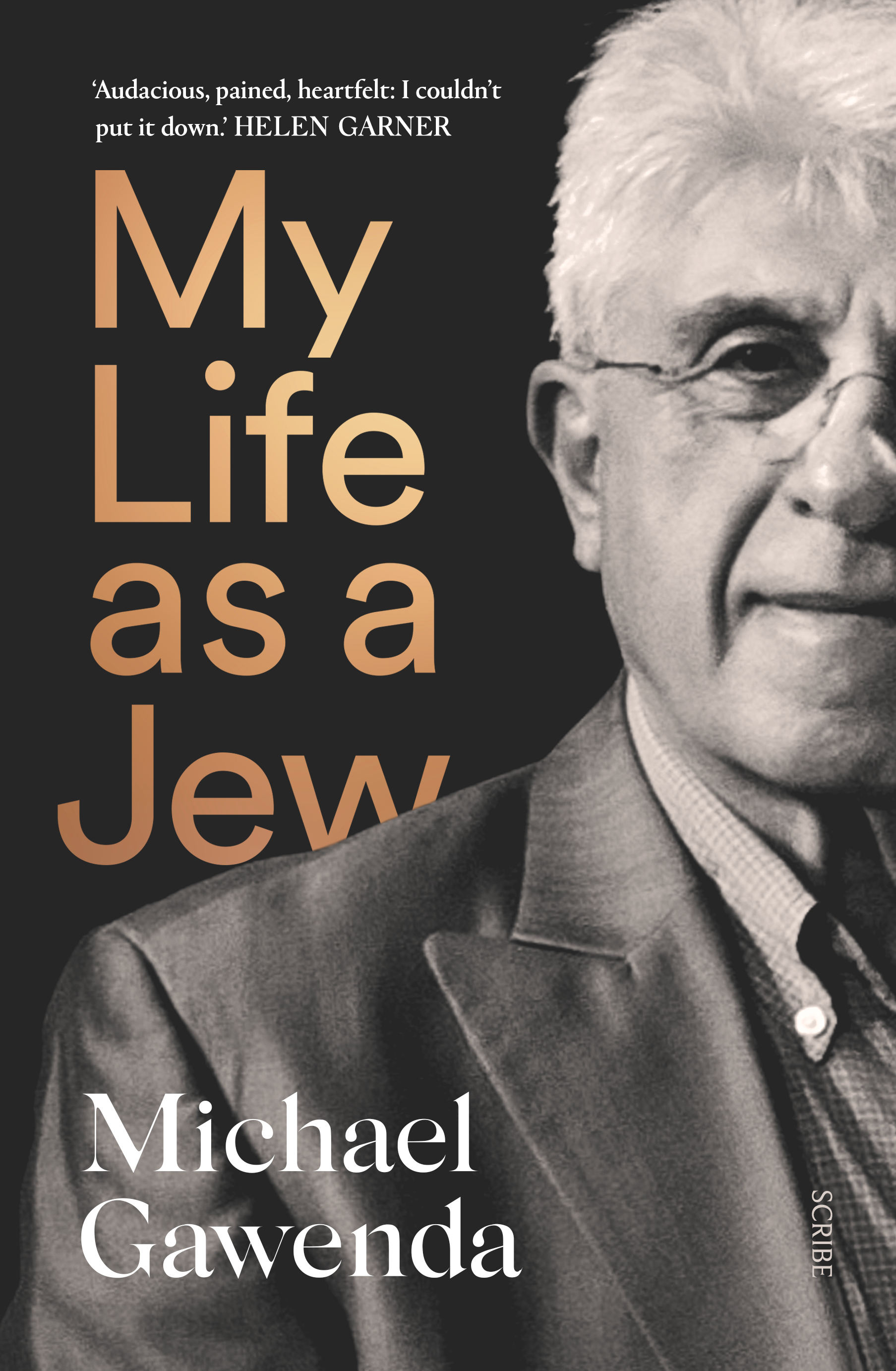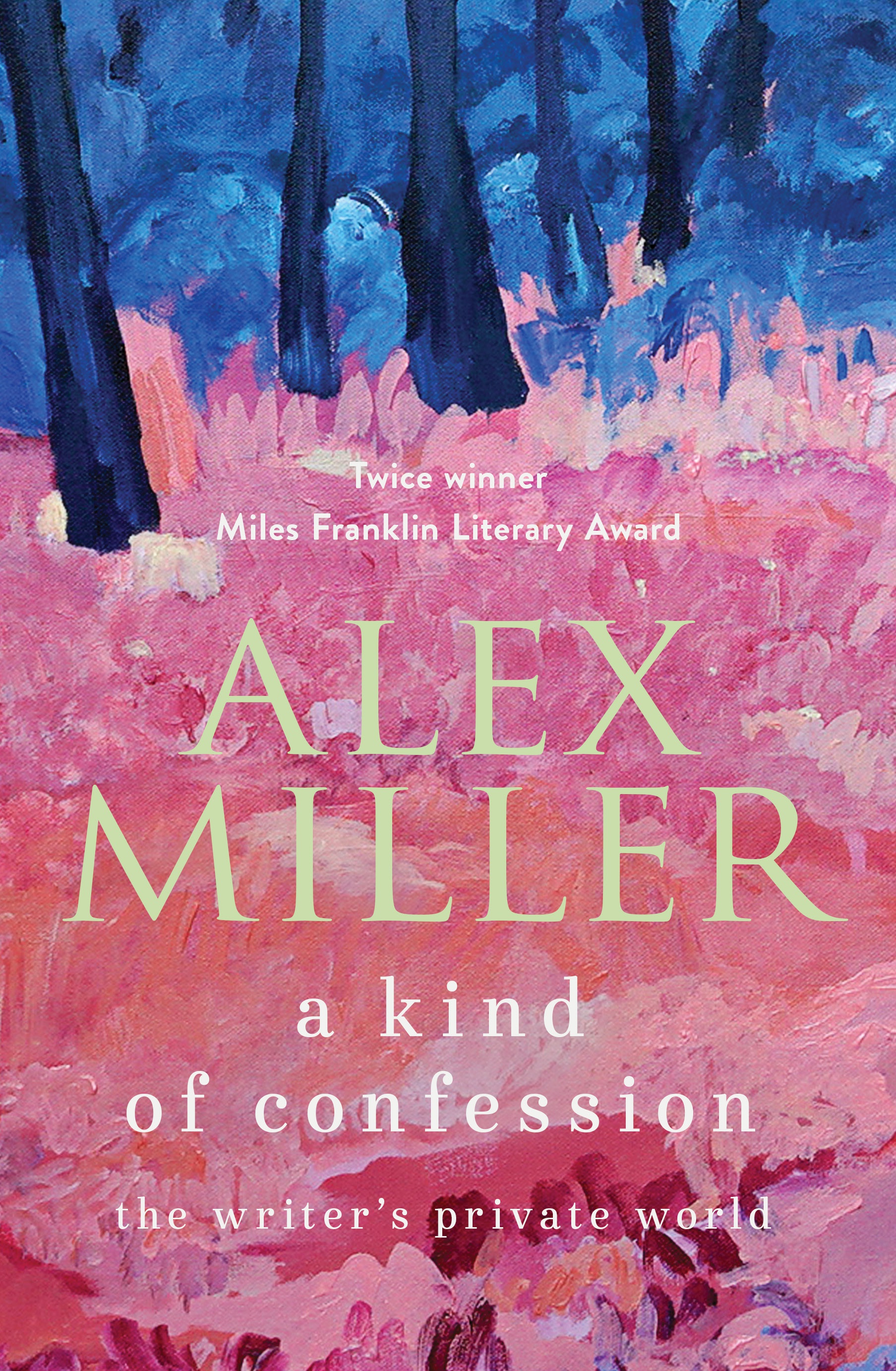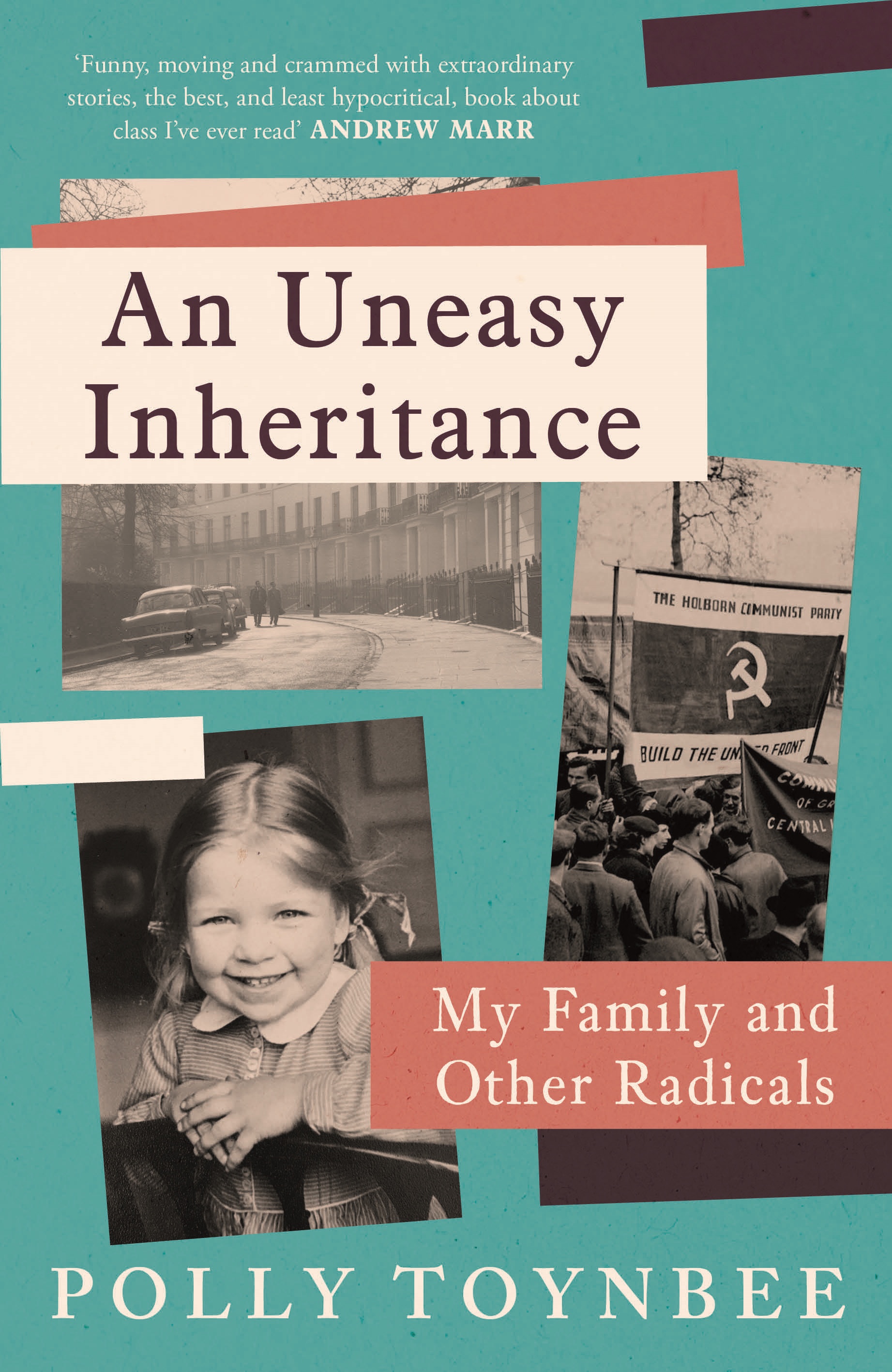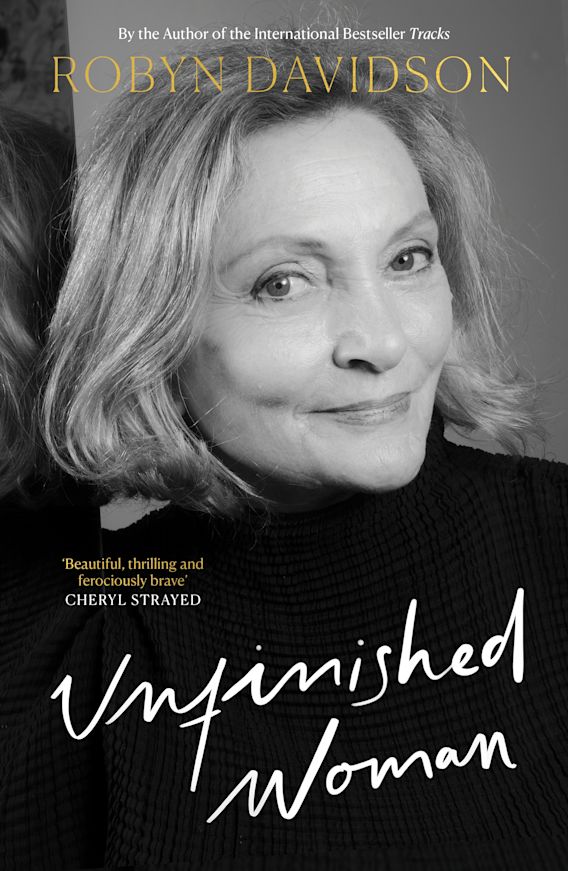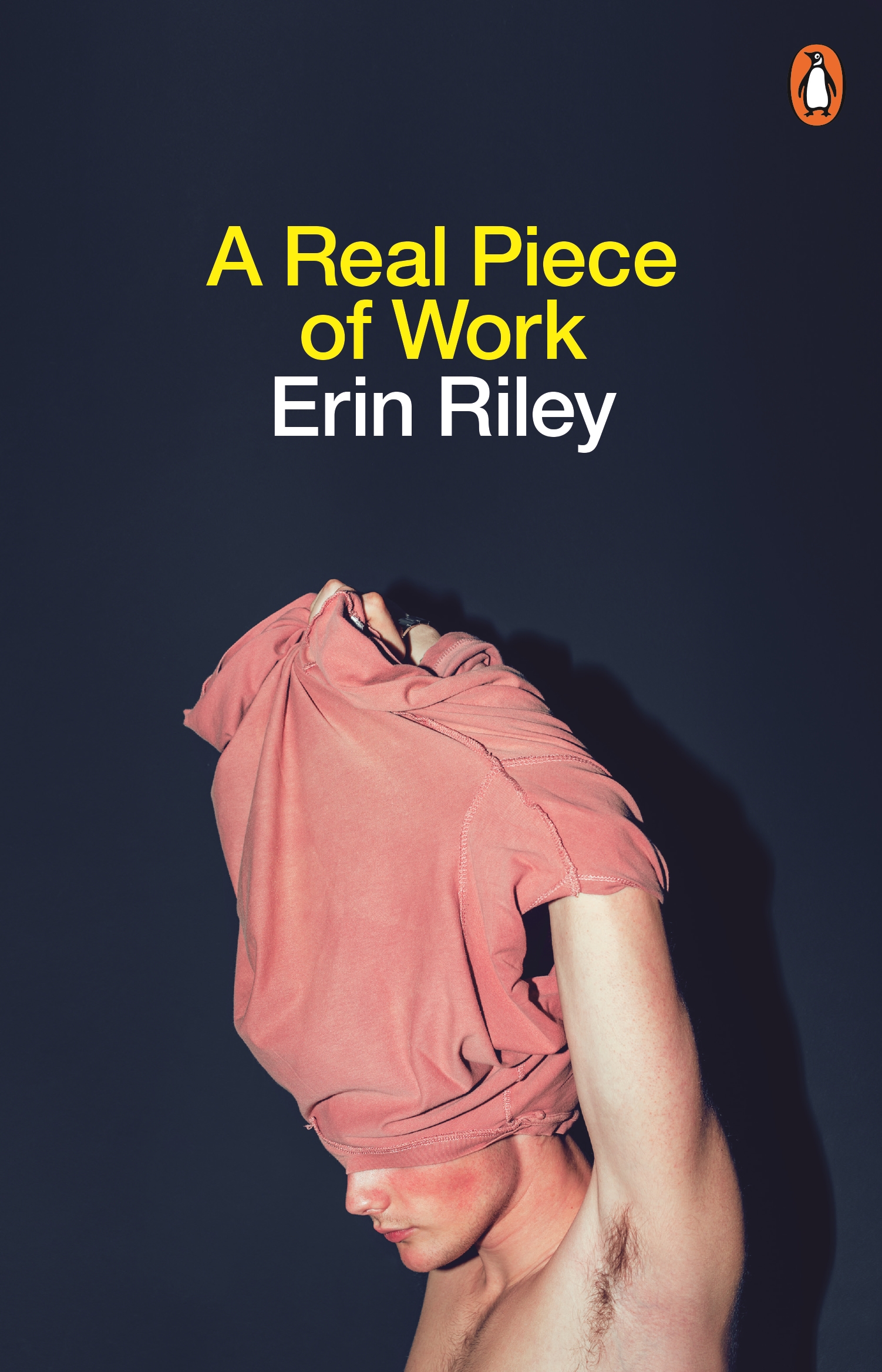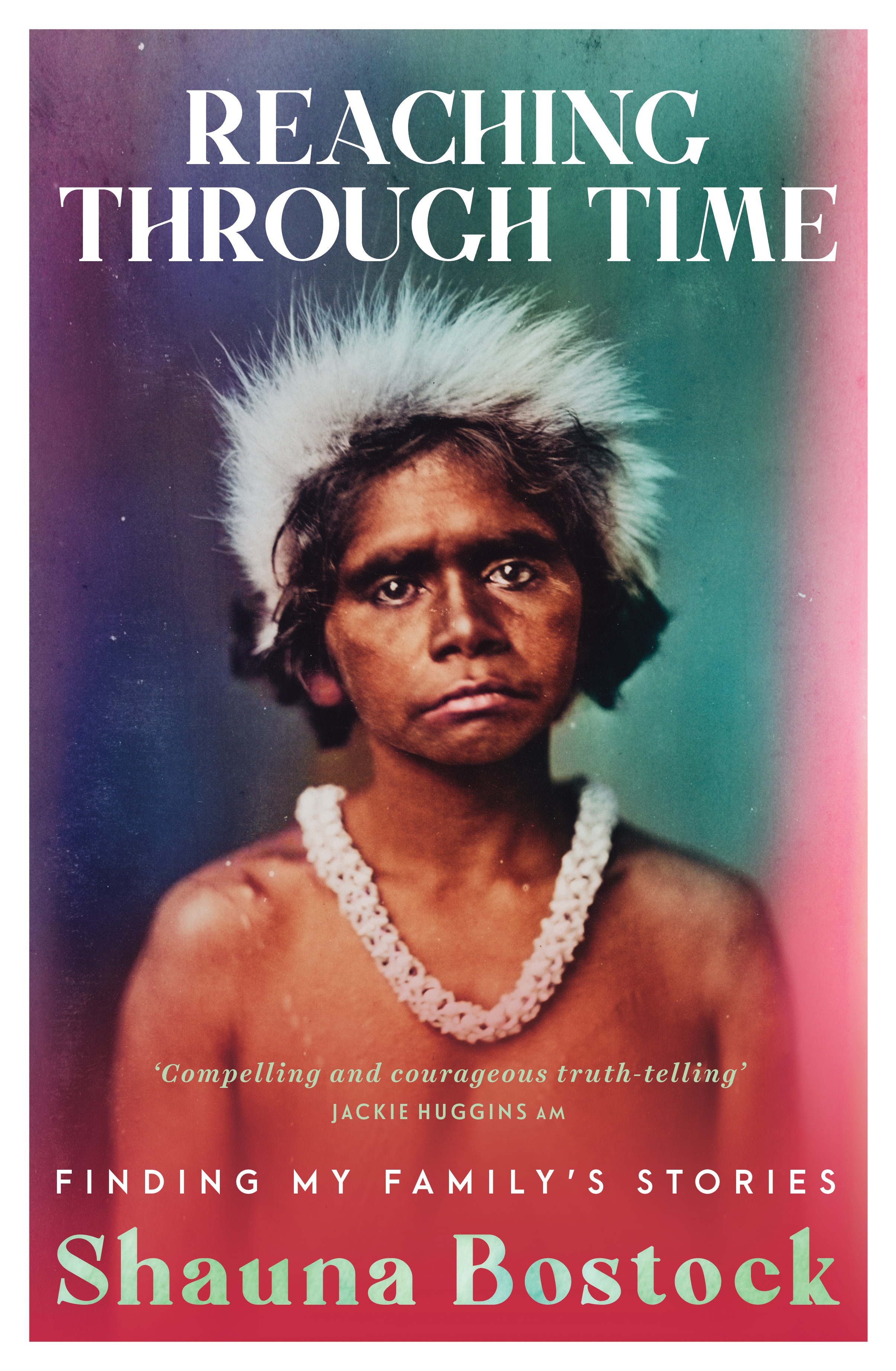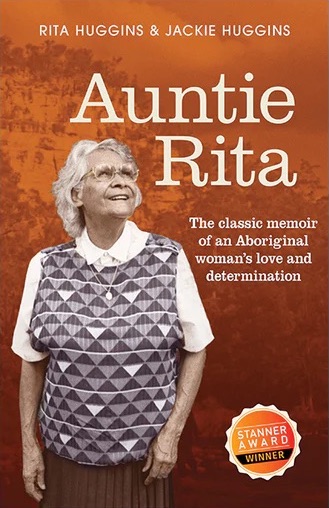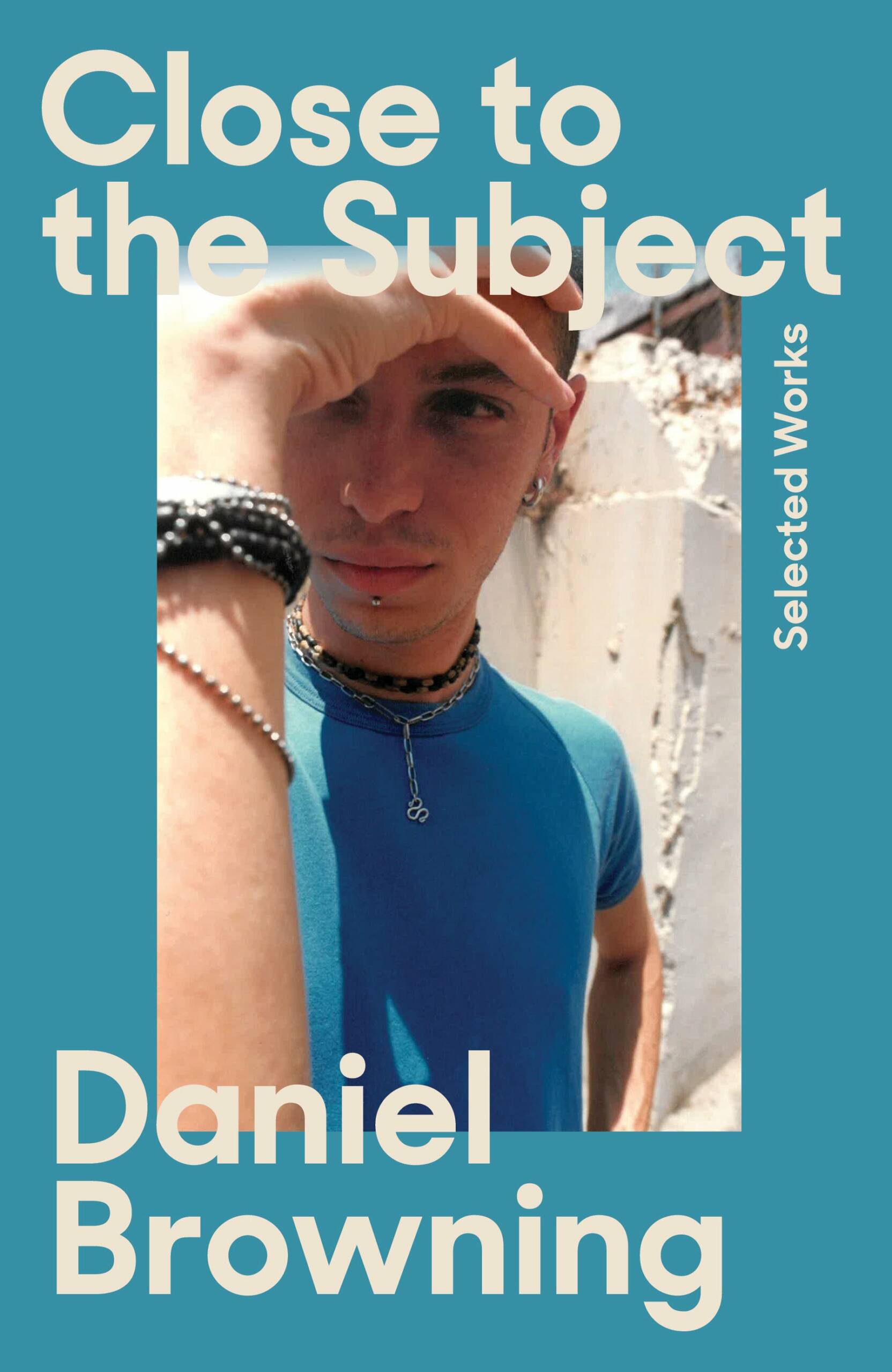Memoir
The Abuse of Power: Confronting injustice in public life by Theresa May
It takes some considerable effort to remember Theresa May’s time as prime minister. Her two governments ran from the resignation of David Cameron immediately after the political earthquake of the Brexit referendum in 2016, to May’s own tearful resignation in the summer of 2019 as the aftershocks swallowed her minority government. The distending effects of the past three years of UK (and world) politics have already made the May era a kind of historical curiosity. The consequent danger is that we look back to her stint as prime minister as the last gasp of sensible politics avant le déluge.
... (read more)Diplomat and musician Fred Smith’s memoir of his time with the Department of Foreign Affairs and Trade (DFAT) at Kabul airport, and later in the United Arab Emirates (UAE), processing Afghan evacuees fleeing the Taliban’s return to power in August 2021, opens with a richly symbolic vignette. On his first visit to the North Gate, one of only three public entry points to Kabul airport, Smith is confronted by a nightmare vision of the country’s collapse. Amid a cacophony of screaming and gunfire, thousands of Afghans jostle, push, and kick one another, waving passports, holding babies aloft, as they fight their way towards a narrow gap in the razor wire entrance to the gate, guarded by a human wall of US Marines. Every thirty seconds or so somebody squeezes through the scrum to safety, emerging discomposed, bloodied, and bewildered.
... (read more)Michael Gawenda has written a deeply personal story about his Jewish identity. It comes during a period when conflict in Israel/Palestine has been painful for all. While he remains committed to a two-state future that supports the rights of both Israelis and Palestinians to live in their own countries, the author critiques influential sections of the political left where acceptance has come to require demonising the Jewish state. A key message of the book is that too often on the left the only good Jew is one who publicly rejects Israel’s right to exist and remains silent when it is declared racist and nothing more than a coloniser of an indigenous population.
... (read more)A Kind of Confession: The writer's private world by Alex Miller
Alex Miller’s most recent book, A Kind of Confession, begins with notebook entries from his pre-publication period – long years in which his deep trust in his identity as a writer appears to have been unshaken. In 1971, he notes: ‘I’ve been committed to writing since I was 21, 13 years. Quite a stretch, considering I’ve yet to publish.’ He was in his fifties before his first novel emerged. Yet even when he complains about his apparent failure – ‘Almost 40 and only 2 short stories published. It makes no sense’ – there is no real lapse of direction; he knows what he is. We can’t read excerpts from these early notebooks and diaries without an awareness of his later success as the winner of significant prizes, including the Miles Franklin Literary Award (twice), the Commonwealth Writers’ Prize, the Melbourne Prize for Literature, the Manning Clark Medal, and the Weishanhi Best Foreign Novel of the Year.
... (read more)An Uneasy Inheritance: My family and other radicals by Polly Toynbee
As one of Britain’s most indefatigable and widely read left-wing columnists, Polly Toynbee has weathered the ire of the right for over fifty years. In fact, controversy has never seemed to bother her. She has never felt the need to justify herself, and every chant of ‘champagne socialist’ has seemed only to deepen her resolve to champion causes of the disadvantaged.
... (read more)Robyn Davidson is still best known as the ‘camel lady’, the young writer whose account of her desert trek from Alice Springs to the Indian Ocean with four camels and a dog made her internationally famous. Tracks, published in 1980, has never been out of print. Since then Davidson has led a nomadic life – sometimes living in London, sometimes New York, and often exploring the world’s remote places and writing about them and her encounters with desert dwellers. Now, in her early seventies she has returned to her roots, spurred – like many writers at the same stage of their lives – by the need to examine her own past.
... (read more)A lot can change in a few years. In March 2020, on the eve of the Covid-19 pandemic, I wrote a review essay for ABR about the proliferation of trans and gender diverse (TGD) life writing. Back then, the most notable examples came from overseas, and – with the exception of established names like ABC’s Eddie Ayres (now Ed Le Broq), author of the 2017 memoir Danger Music – major Australian publishers had yet to take a chance on local trans voices.
... (read more)Reaching Through Time: Finding my family's stories by Shauna Bostock
Reaching Through Time: Finding my family’s stories is the epitome of Indigenous family life writing. Predominantly set in New South Wales, on the east coast of Australia, Reaching Through Time is a journey through more than 200 years of Australian history, from early invasion and colonisation to the present day, through the lens of Indigenous family lived experience. This collection of life stories – skilfully located in the archives, family memory, and secondary sources – traces five generations of the authors’ family. Reaching Through Time is a rich, engaging contribution to Australian history. Bostock is writing against Australian historiography, which has excluded the voices of Indigenous families. As Shauna Bostock says: ‘This book is written for people who want to know our history from an Aboriginal perspective.’
... (read more)Auntie Rita: The classic memoir of an Aboriginal woman’s love and determination by Rita Huggins and Jackie Huggins
Family photographs add so much to Aboriginal autobiography. Aboriginal people will scan them to see who they know and what the buildings, clothes, and area looked like then. Photographs are an open invitation to connect with your people, no matter where they are from.
... (read more)The vibrant state of Aboriginal intellectual life is immediately evident upon reading Melissa Lucashenko’s foreword and Daniel Browning’s introduction to his Close to the Subject: Selected works. Lucashenko combines insight with an engaging, colloquial style; Browning, without apology or artifice, weighs up the successes, failures, and resentments of almost three decades as a journalist.
... (read more)
